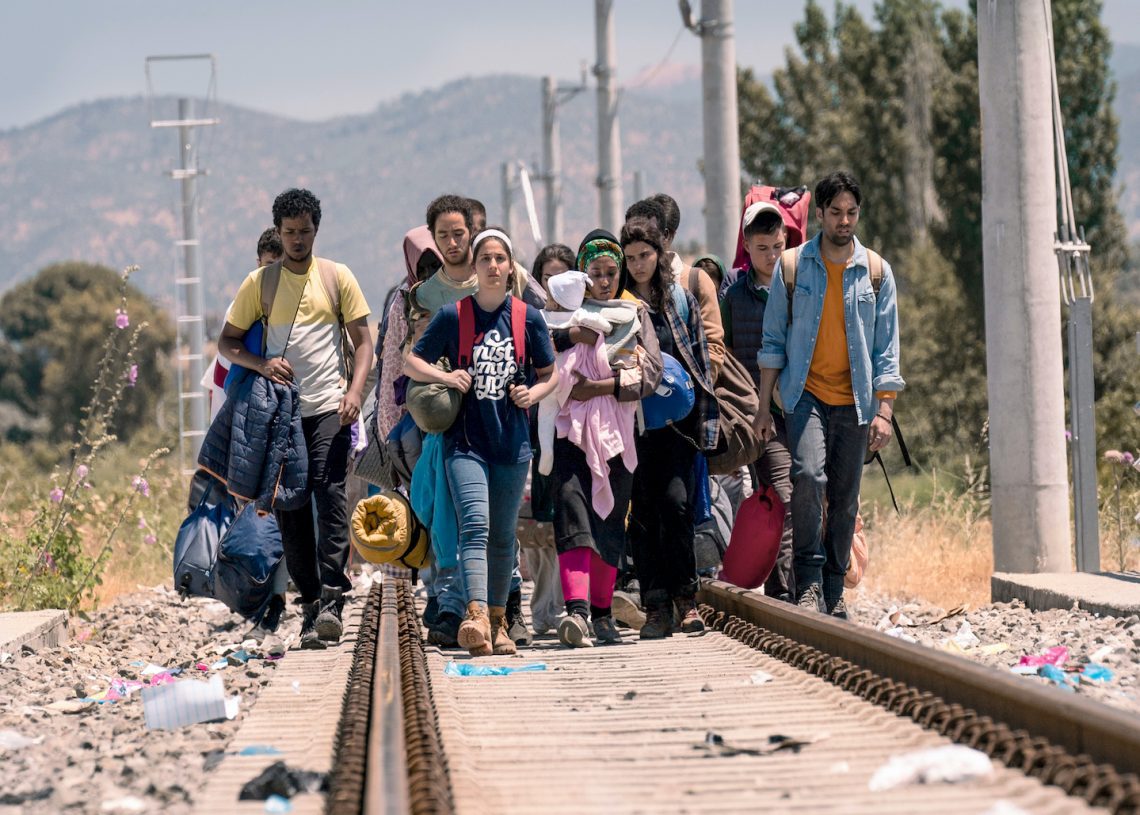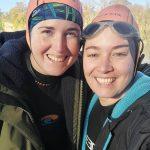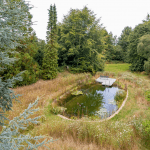
Swimming to sanctuary: the story of sisters Yusra and Sara Mardini
Elaine K Howley tells the extraordinary story of sisters Yusra and Sara Mardini, who escaped war-torn Syria to compete at the 2016 Rio Olympics
The world has a refugee problem. Environmental devastation, socioeconomic disadvantages and civil unrest are just a few of the major reasons why record numbers of humans have fl ed from their country of origin to another region in recent years.









